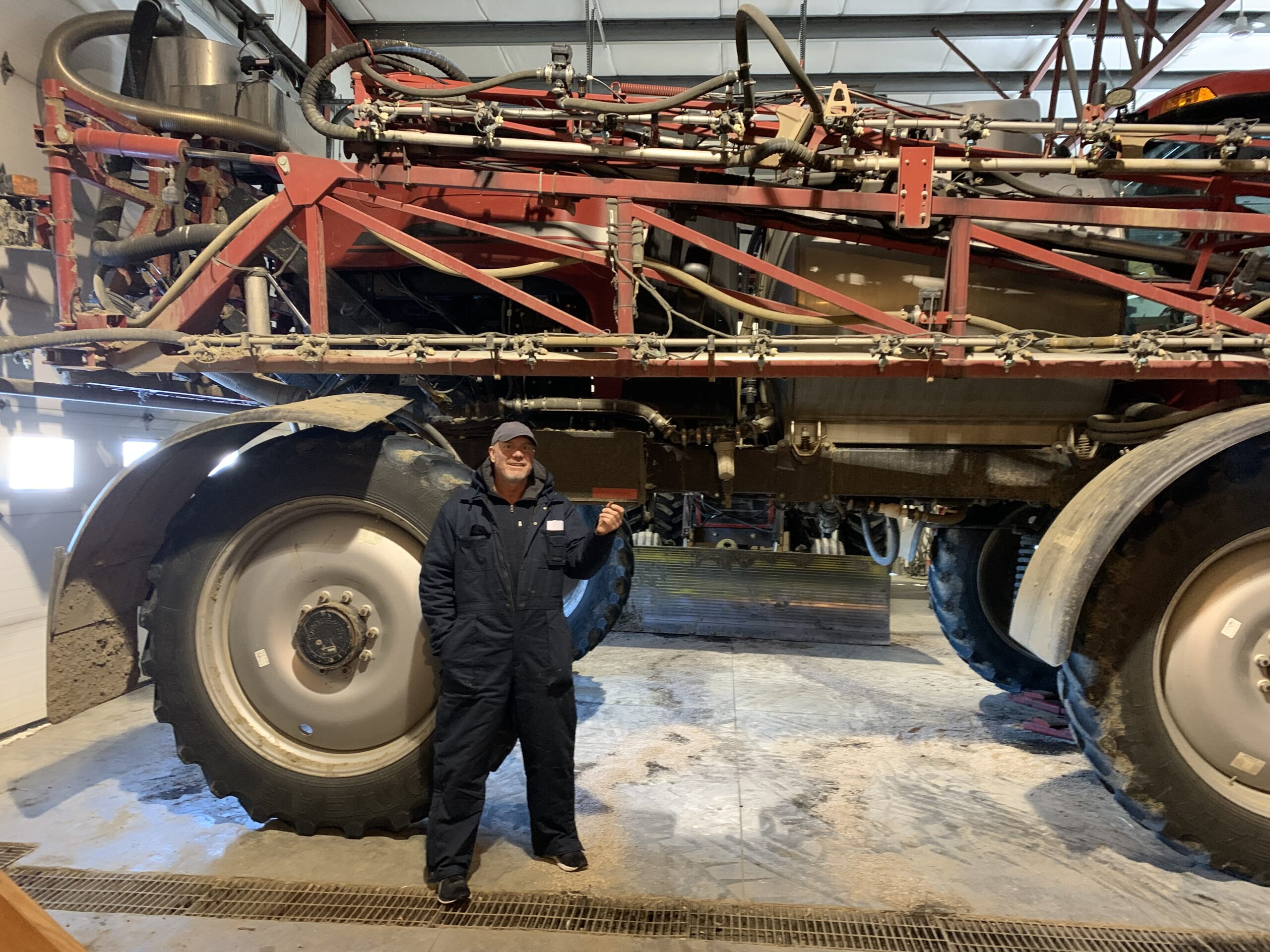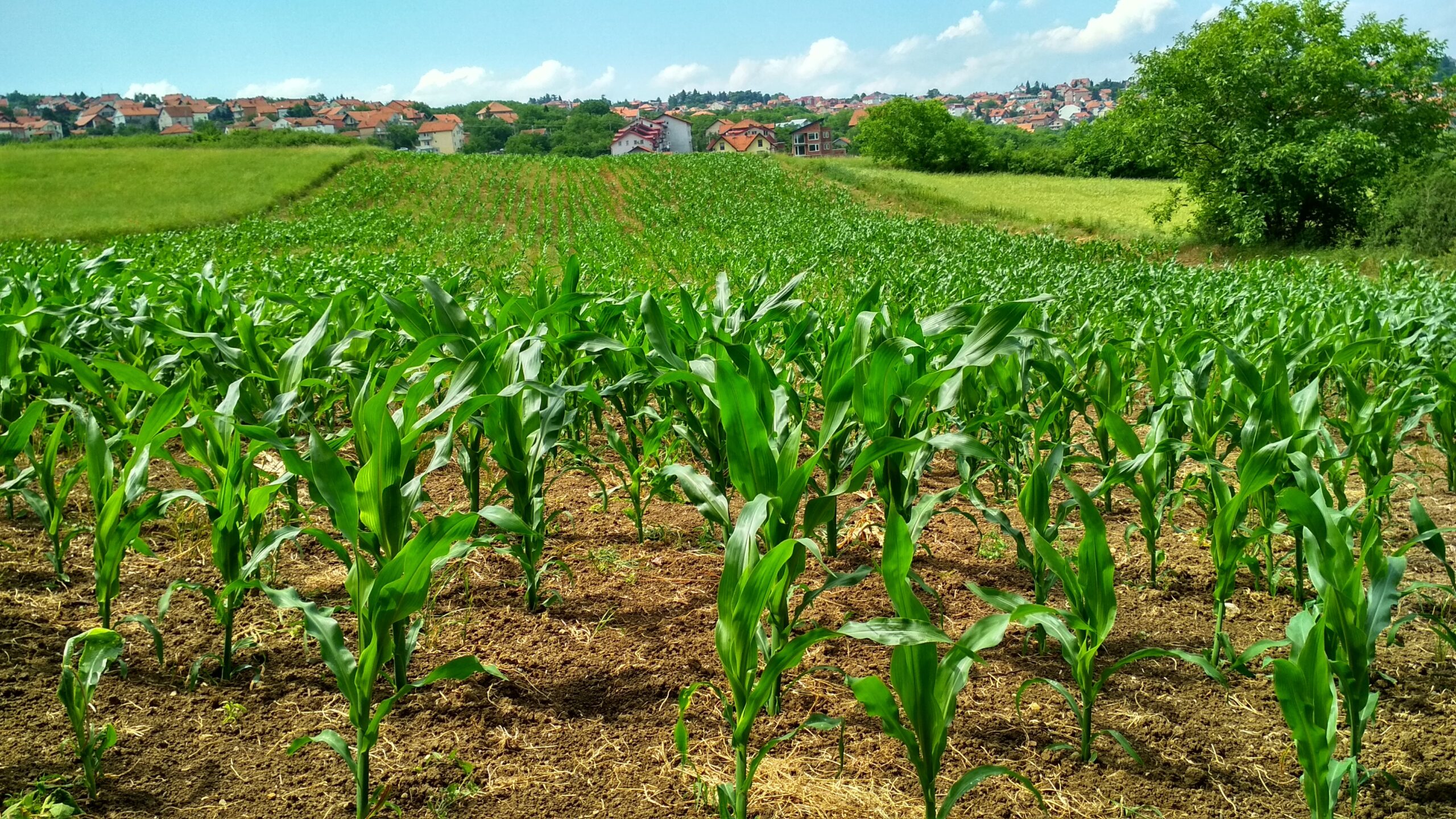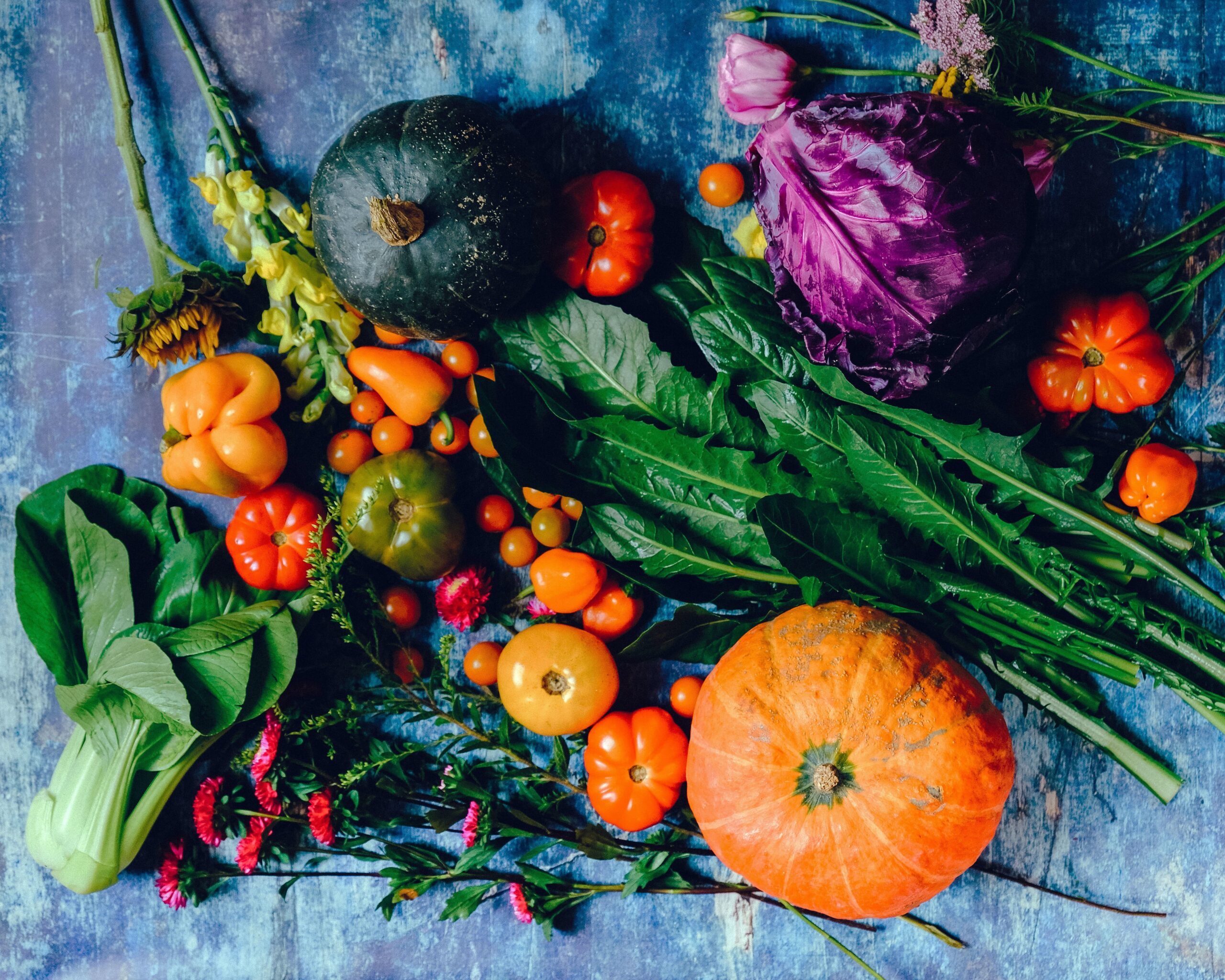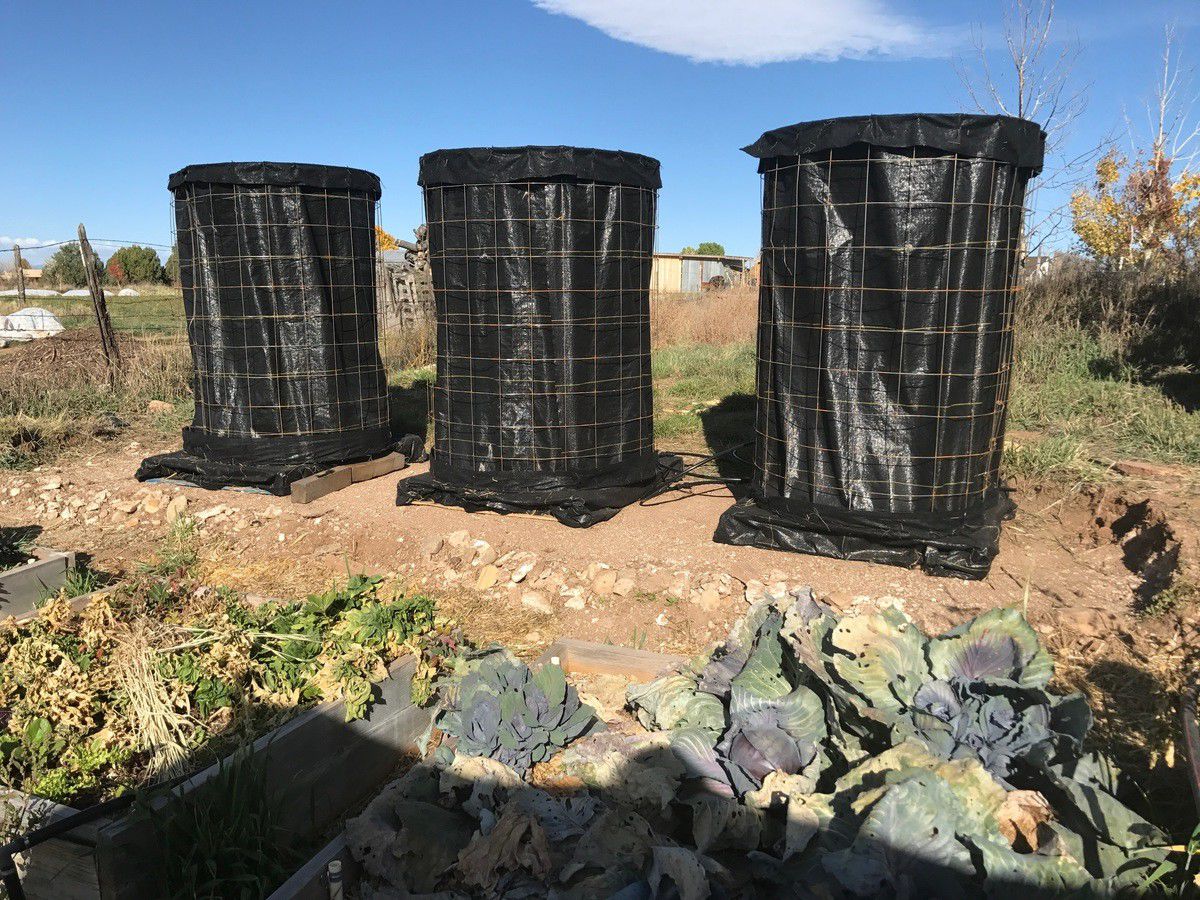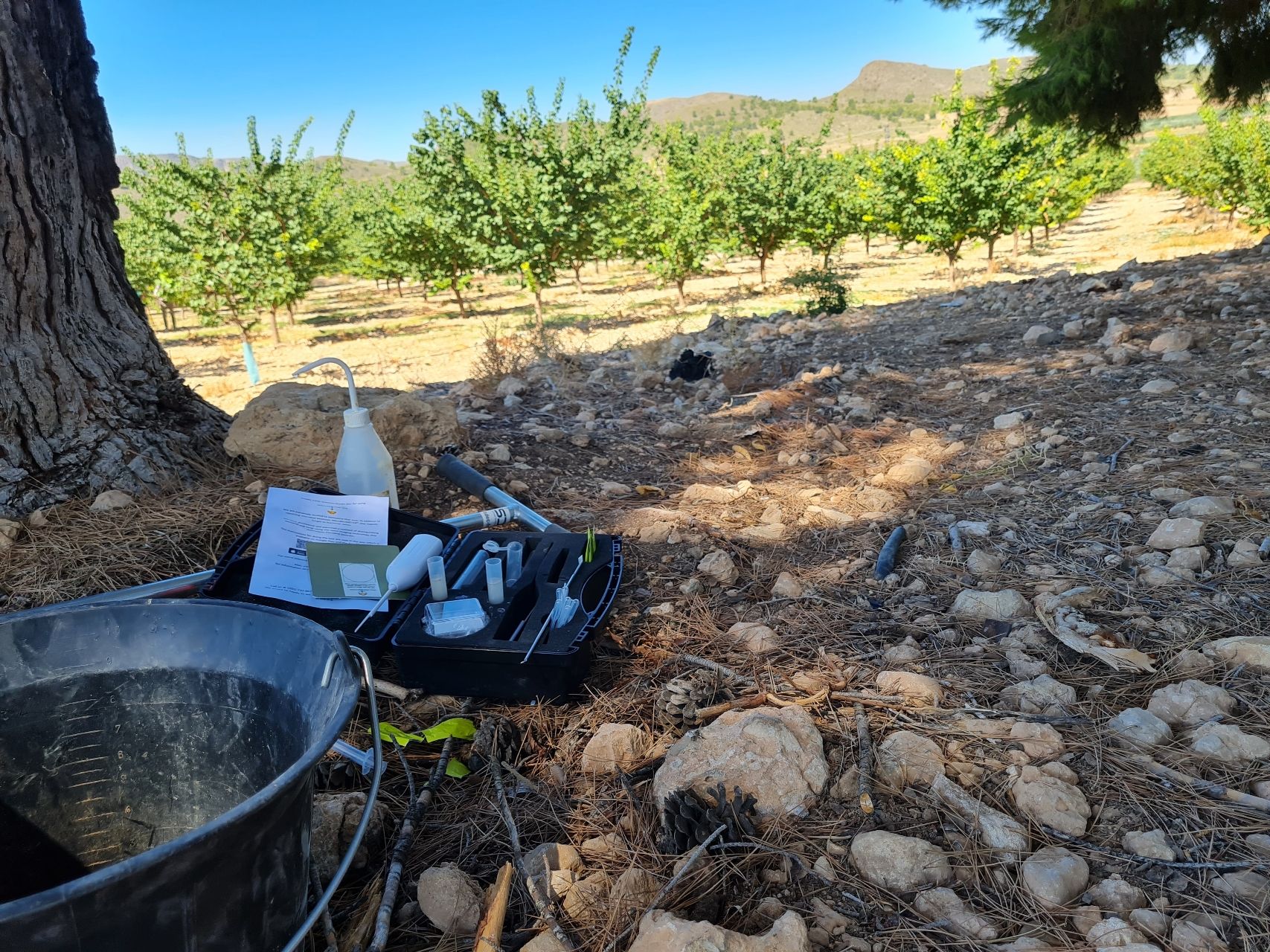
microBIOMETER® Soil Testing in France
The Biospheres, working through the CDA*, accompanies and trains farmers/agricultural companies in the agroecological transition based on a soil conservation approach. The group is also working on applied research projects and therefore on trials under real farming conditions in which they evaluate the impact of certain changes in practices on


